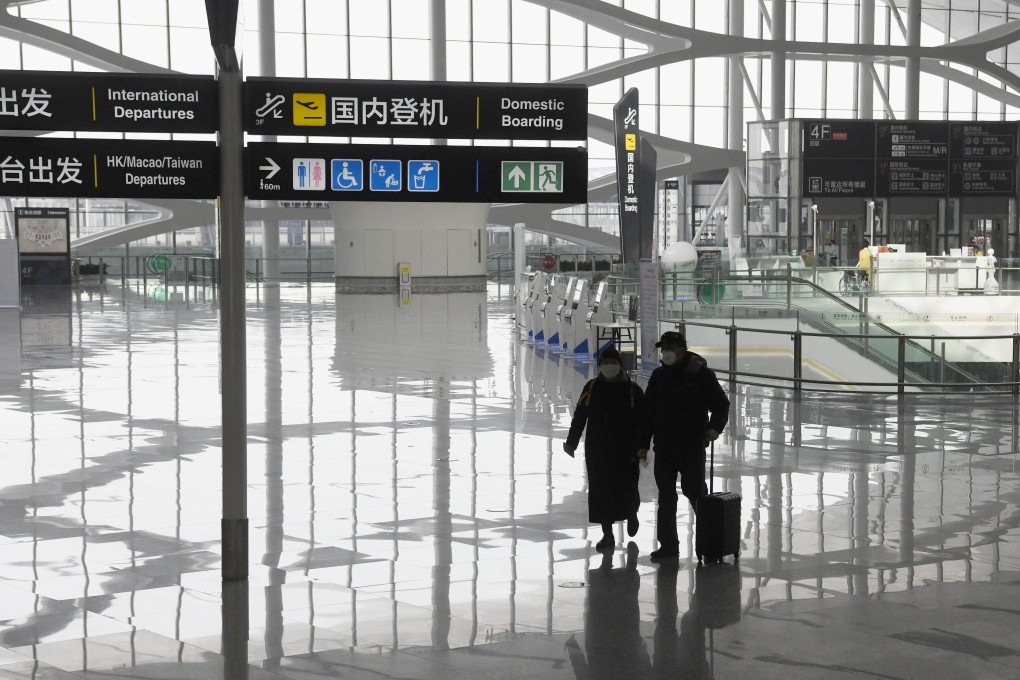China tightens curbs on overseas travel as part of Covid-19 battle
- Immigration authorities say they will tighten restrictions on ‘non-essential’ travel and passport approvals
- The measures were announced following last week’s meeting of the top leadership, where they doubled down on the zero-Covid policy

The immigration authorities on Thursday said the curbs were designed to stop infections crossing the border and would include a more rigorous approval process for passports and other travel documents and a crackdown on illegal border crossings.
A meeting of the National Immigration Administration (NIA) on Tuesday heard that China’s Covid-19 situation was at a “significant and urgent point” and that the city of Beijing was the “most important of the important”.
Although the statement did not define non-essential travel, the NIA said in another statement on Friday that travel documents would be processed for those travelling to school and work as well as for travellers conducting trade and scientific research.
Travelling to seek medical treatment and to care for the critically ill also count as essential travel.
The NIA said it would speed up the approval of travel documents for people involved in pandemic control and those providing necessities to ensure supply chains remain stable.